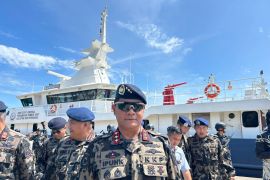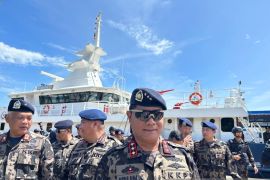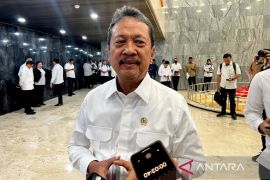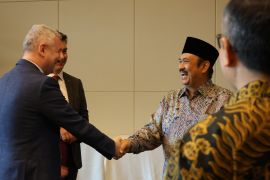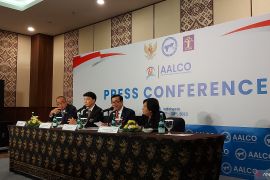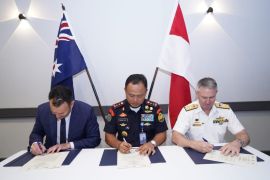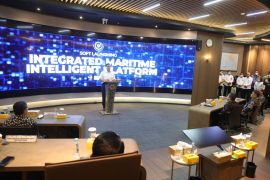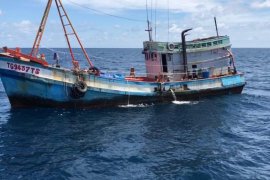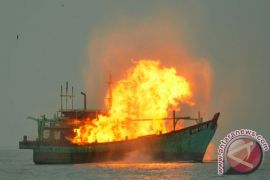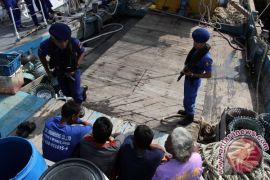"We want every country to classify this crime as a transnational crime because it is an organized international crime," Minister Pudjiastuti told an international workshop on human rights protection in fishery business in Indonesia, here on Monday.
Classifying these as a transnational crime will encourage countries to share data on IUUF cases that will help deal with the problem, she said.
It will also encourage fishery companies to protect human rights in line with the international standards in the fishery field.
Laborers and crew members will also be protected in line with the international human rights protection standard.
"We want business practices in the fishery field and its processing business to implement the international human rights standard," she stated.
Chairman of the Task Force for IUUF Prevention and Eradication Mas Achmad Santosa also shared the ministers view, saying that fishery-related crimes are all pervasive, and should therefore be seen as transnational crimes.
"The fishery crime activities include boat forgery, double flags, boat size mark down, transmitter being turned off, fish catch forgery, fishing in other countrys water territory, using prohibited fishing devices, or failure to establish a partnership with a fishery processing unit," Mas Achmad Santosa said.
The IUUF activities also include illegal fuel business transactions in the sea, money laundering, corruption, human trafficking, drug smuggling and underpaid labor.
The ministry is currently drafting a regulation on human rights protection in the fishery business in Indonesia to demonstrate the governments commitment to eradicating fishery crimes at national and international levels.(*)
Editor: Heru Purwanto
Copyright © ANTARA 2015
